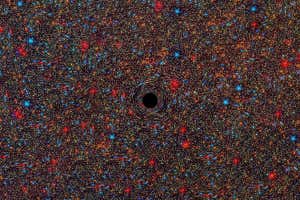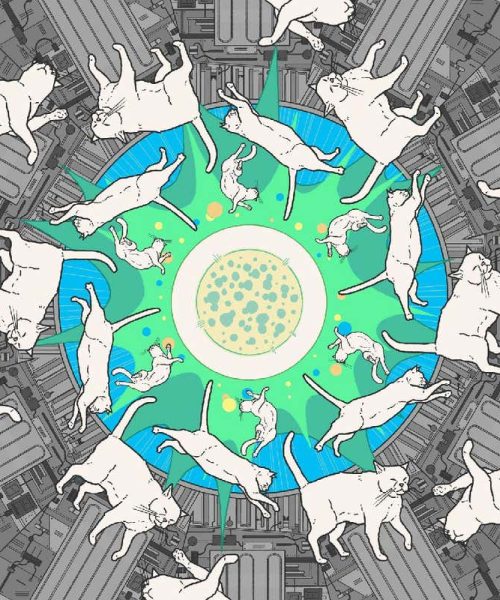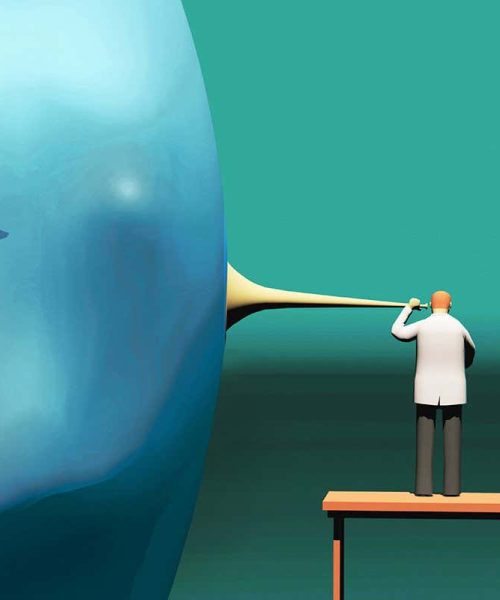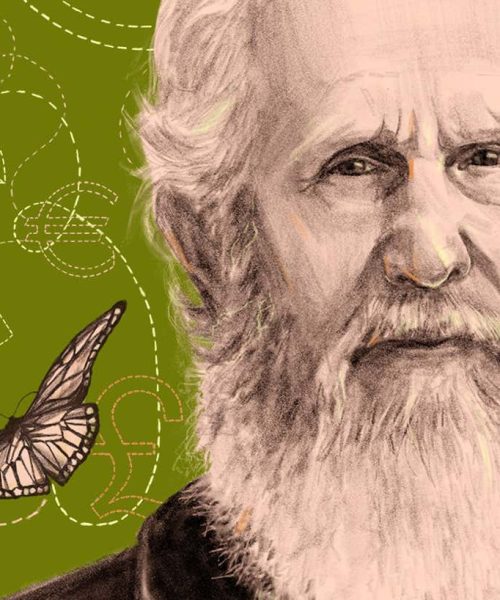
ALMOST exactly 50 years ago, when I was a PhD student, I wrote an article in this magazine about the mounting evidence for black holes, regions of space in which gravity is so strong that light can never escape. Today, there is no longer any doubt about their existence. We know they form from collapsing stars and that supermassive ones sit at the centres of galaxies. We have even taken a picture of two of them. But in my article I also mentioned a more speculative possibility: that smaller black holes might have formed in the early universe, shortly after the big bang.
I was working on this idea under the supervision of Stephen Hawking, who had started to think about such a possibility just a few years earlier. Our work together set the trajectory of my career, much of which has been dedicated to studying what we now call primordial black holes. We still don’t know if they formed, but there are good reasons to think they might have. Some of them could still be around today and, excitingly, they could be the answer to a whole range of cosmological conundrums.
Recently, however, I have become interested in an even more exotic possibility: that some black holes could be older than the universe itself. It is a wild idea, but not inconceivable. And new research suggests that we might one day be able to positively identify them, a breakthrough that would radically change our understanding of cosmology.
Most cosmologists would claim that all the matter and energy that permeates our universe today came into existence in …





